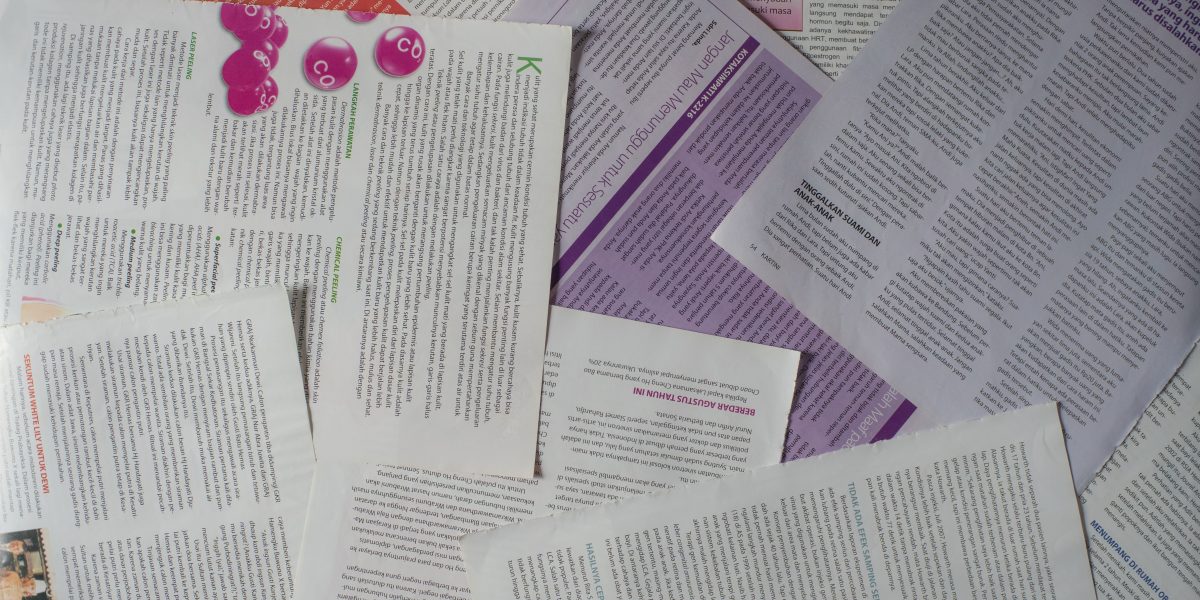- The proposal includes the recognition of other activities and actions of professionals such as: patents, reports, exhibitions or archaeological excavations.
- With this modification, the new management of ANECA intends to put an end to the restriction of salary increases that only took into account the number of publications of each researcher.
The Agencia Nacional de Evaluación de la Calidad y Acreditación (ANECA), in charge of evaluating the academic career of teachers, has published a proposal to expand the range of merits that are taken into account in the process of evaluating the work of scientists and researchers.
The new proposal is included in the draft of the ‘Resolution of the National Evaluation Commission of Investigative Activity by which the specific criteria approved for each of the fields of evaluation are published’, which was published last November 6 and which, for the first time, has gone to public consultation.
The paper highlights that, for the six-year period that allow researchers to obtain an economic bonus as academic recognition, the variety of merits to be taken into account in the evaluation will be expanded. In this way, the process will take into account activities and actions of researchers such as: patents, reports, opinions, technical or artistic works, exhibitions, catalogs, datasets, archeological excavations, among others.
Thus, the proposal puts an end to the restriction of wage increases for which only the number of publications in scientific journals classified by their impact factor was taken into account. According to the paper, in these situations different elements of the publications will be counted and will represent a higher or lower impact factor: citations received, international projection of the projects, awards received, translations of the texts, etc. In addition, the evaluators will also take into account the contribution of publications to society, such as the development and implementation of public policies.
If approved, some of the professionals who are affected by the new regulations are the associate professors or professors, since these are evaluated every six years with the aim of promoting their academic involvement in research.
WHY DOES THE MODIFICATION ARISE?
The evaluation by quantity and not quality is a problem that has concerned the Spanish scientific system for years, because this model in which the journal prevailed more than the article itself, facilitated the work for the evaluators, since they only had to see where the article was published to value it.
The change has been given, in part, by the incorporation of a new direction in ANECA, since the agency team has recognized the drift that the sector has suffered in recent years, reaching the situation in which some researchers paid to publish. This limited the screening and selection of articles for quality and encouraged mass publication by both researchers and journals, which received financial compensation for each article published.
OTHER PROPOSALS
In the same way that the paper talks about broadening the range of merits, it also proposes the adaptation of the evaluation to the current society. Thus, ANECA includes in the draft that quantitative indicators add new metrics: (1) use and reading, such as the number of downloads, views or visits; (2) influence or social adoption, with mentions to external sources of the academic field; and (3) social visibility, in social platforms.
Another novelty that has been included in the proposal is the disposition of research results in open access, that is, free of charge, either in own or shared repositories, in order to guarantee access to everyone and minimize payment per reading.
ASPECTS THAT ARE MAINTAINED
Despite the fact that ANECA has proposed modifications that benefit researchers, there are situations that, for the time being, remain the same.
According to the text, the structure and duration of the evaluations will be maintained in periods of six years, and the publication in journals considered as the most relevant, will also suppose a merit in itself, so the articles published in these journals will be directly considered of quality.


